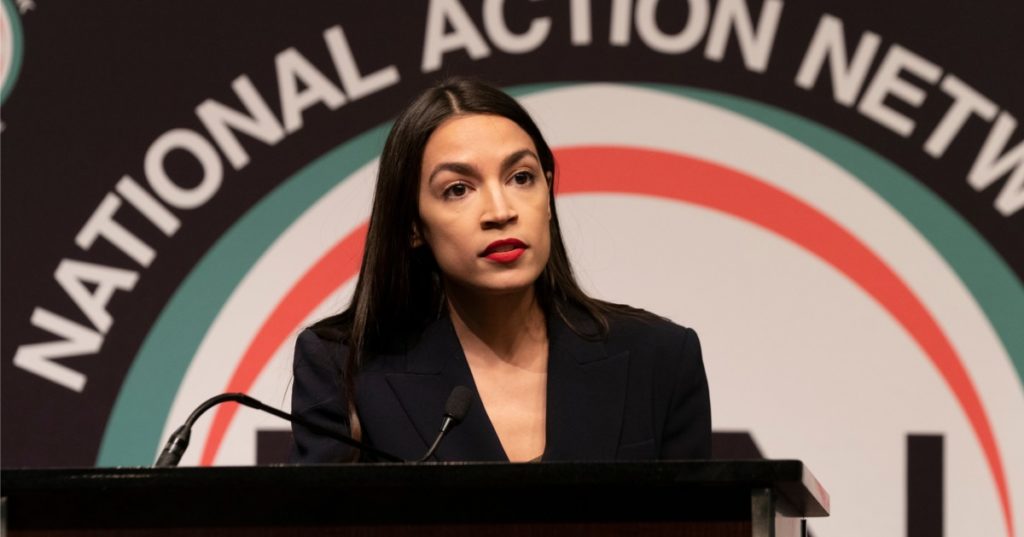


In a recent rally, Vice President Kamala Harris misinterpreted former President Donald Trump's comments about protecting women, which CNN's Jake Tapper corrected during a live broadcast.
Fox News reported that during a speech in Phoenix, Vice President Kamala Harris suggested that Donald Trump had made statements about imposing his will on women's reproductive rights, quoting him as saying he would proceed "whether the women like it or not."
Harris tied these remarks to the restrictive abortion laws prevailing in many states.
However, the actual context of Trump's comments was his commitment to protecting women from crimes he attributed to failed border policies under Harris's oversight.
Trump explicitly stated his intent to protect, not to impose on women's choices regarding their bodies.
Jake Tapper of CNN addressed the misquote during his show, clarifying that Trump's "whether the women like it or not" comment was in reference to his plans to enhance safety measures, not about controlling women's reproductive decisions. Tapper's intervention highlighted the importance of precise language in political discourse.
Tapper stressed that Trump's statement was about safety, a point that he believed needed clearer communication from political leaders to avoid misinterpretation. This correction came during a segment dedicated to fact-checking political statements live, an effort by CNN to provide clear information to its viewers.
Democratic strategist Karen Finney was also present during the segment and commented on the situation, suggesting that while some may find Trump's remarks misogynistic, the actual content of his speech did not align with Harris's interpretation.
Finney warned against jumping to conclusions based on out-of-context quotes, reminiscent of similar incidents during the 2016 elections. She argued for a more cautious approach to political rhetoric, especially when it could influence voter perception unfairly.
Tapper added to the discussion by requesting that political figures be quoted accurately to maintain integrity in public discourse. He emphasized the responsibility of the media and political figures alike to ensure the accuracy of their statements and interpretations.
The segment sparked a broader conversation about the responsibilities of political leaders and the media in shaping public opinion through accurate and responsible reporting.
The incident has highlighted ongoing issues with how political statements are interpreted and reported. The exchange between Harris and Trump, and its subsequent clarification, has brought attention to how easily public figures' statements can be misconstrued.
This situation underscores the challenges faced by the media in trying to report complex political issues fairly and accurately, particularly during heated campaign periods.
As the political climate heats up, the role of fact-checking has become increasingly crucial in helping the public understand the true positions of their leaders on key issues such as safety, immigration, and women's rights.
The fallout from the misquoted statement continues to stir debates about media responsibility and the need for careful communication by politicians. Harris's misinterpretation of Trump's remarks has served as a case study of the importance of context in political communication.
Both the media and political figures carry the burden of clarifying their messages to prevent misinformation and ensure that public discourse remains constructive and fact-based.
As the election approaches, the scrutiny of political messages will likely intensify, with fact-checkers playing a pivotal role in mediating the information that reaches the electorate.



